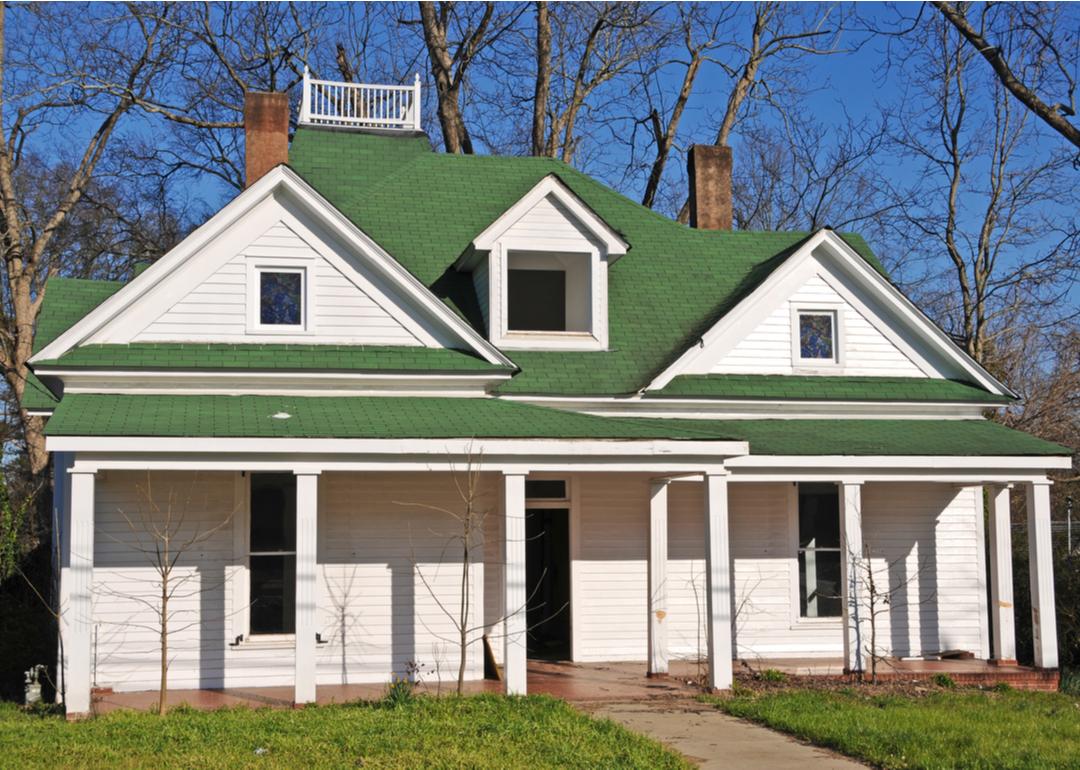
What to know about buying foreclosed homes
This story originally appeared on UpNest and was produced and distributed in partnership with Stacker Studio.
What to know about buying foreclosed homes
If you’ve been in the market for a new home at any point in the last two years, you know how tough it can be for buyers to land a deal.
Markets across the nation are still dealing with housing shortages caused by the unexpected pandemic-fueled buying frenzy, which has depleted inventory and caused prices to skyrocket to new heights. In many markets, it has become commonplace for cash buyers to offer tens, or even hundreds, of thousands of dollars over the asking price for homes—and this crushing demand for housing is now pricing many low- and moderate-income buyers out of the pool.
But while the pandemic-induced home buying hysteria is causing home prices to skyrocket, things may take a turn in the near future. Federal foreclosure protections put in place at the start of the pandemic kept the foreclosure rates low throughout the early parts of 2021, but things shifted after the federal protections for homeowners expired. The third quarter of 2021 saw a 34% uptick in foreclosures compared to the prior quarter—and a 68% jump in foreclosures from the year prior.
That Q3 jump in foreclosures was likely just the start of the issue, too. With no federal protections for cash-strapped homeowners, experts now expect the foreclosure rate to climb higher in 2022. This will almost certainly put a damper on the increasing home prices—and may even allow for home prices to tumble. It will also lead to the rare opportunity for buyers to capitalize on the purchase of foreclosure properties, which can often be purchased for well under market value. It may also allow for some of the buyers who were priced out of the market over the last two years to enter the home buying arena.
But before you start planning to purchase a foreclosure property, it’s important to fully understand what you are getting into. Buying a foreclosure can be far different than buying a home with a standard purchase process, and it’s important to know what you’re up against.
To help you prepare for the foreclosure purchase process, UpNest compiled a list of 10 things individuals should know about buying a foreclosed home. Here’s what you need to know.

Get a loan approval letter first
A lender listing a foreclosure is trying to recoup every penny it can from the sale of the property—including time spent on it.
To avoid wasting time on a deal that falls through, the bank that’s vetting offers will want to make sure a buyer is qualified before moving forward. And that’s precisely why you need a loan approval letter: to prove that you have a lender ready to fund the purchase. Otherwise, your offer will likely be passed over for one from a buyer who can prove they’ve secured a lender.
For potential buyers, it's important to keep in mind that it's not always straightforward getting a loan with which to buy a foreclosure. It can be especially tough to secure funding for a property in need of major repairs due to issues from vandalism or vacancies.
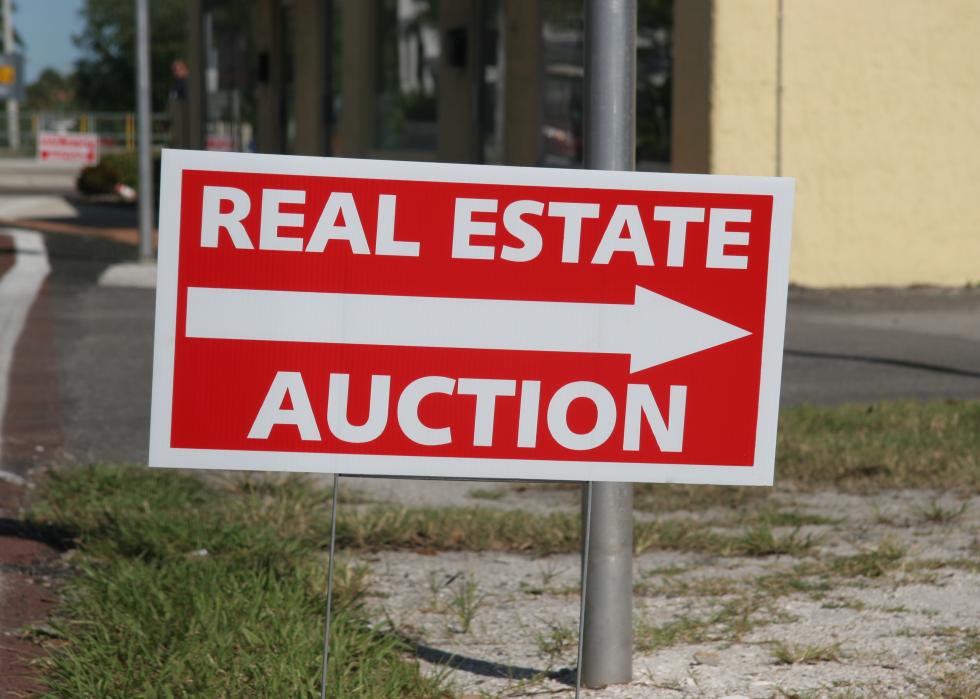
There are two ways to buy a foreclosure: Auction and REO
A foreclosure can be sold through an auction or by a lender who has taken possession of the property. These two methods are drastically different for buyers.
Foreclosure properties that are sold at auction are typically sold in a short time frame to the highest bidder. Auction properties are a very popular way to buy foreclosures because they can be obtained for pennies on the dollar, but you will typically be required to pay cash upfront for the property.
The process of buying a property from a lender’s real estate-owned (REO) inventory is the most similar to a traditional real estate purchase. The lender in this case typically lists the property for sale and takes offers from potential buyers during a designated window of time. If a buyer can’t pay cash, funding can be secured through a lender. The big difference is that the seller is the bank or lender who owns the home—and you will need a real estate agent who’s able to work with an REO agent.
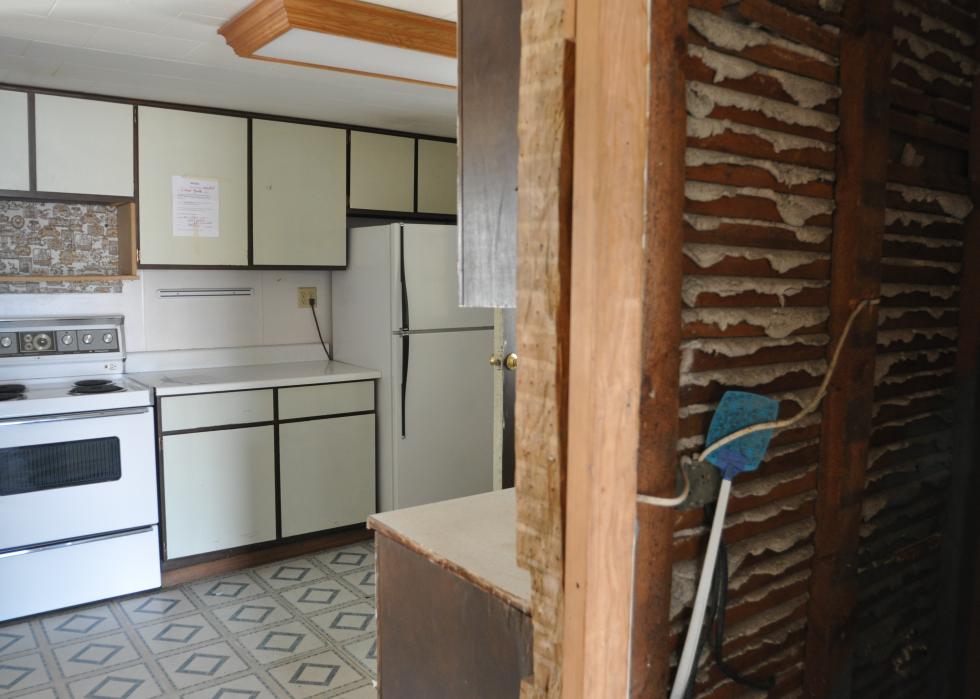
The property is coming as-is
When you buy a foreclosure, there are no repairs or seller concessions made on the property no matter what the issues are. If you’re buying an REO foreclosure, you’re typically allowed to have an inspection completed on the property—but you'll pay for it out of your own pocket and it won’t be a negotiating tactic because foreclosures come as-is.
In an auction setting, the tradeoff for getting the property at a cut-rate price is that you probably won't know what you’re walking into besides apparent cosmetic damage or structural issues you can spot prior to the auction. It really is buyer beware with these properties, as the “as-is” status could end up costing you a lot more than you bargained for.
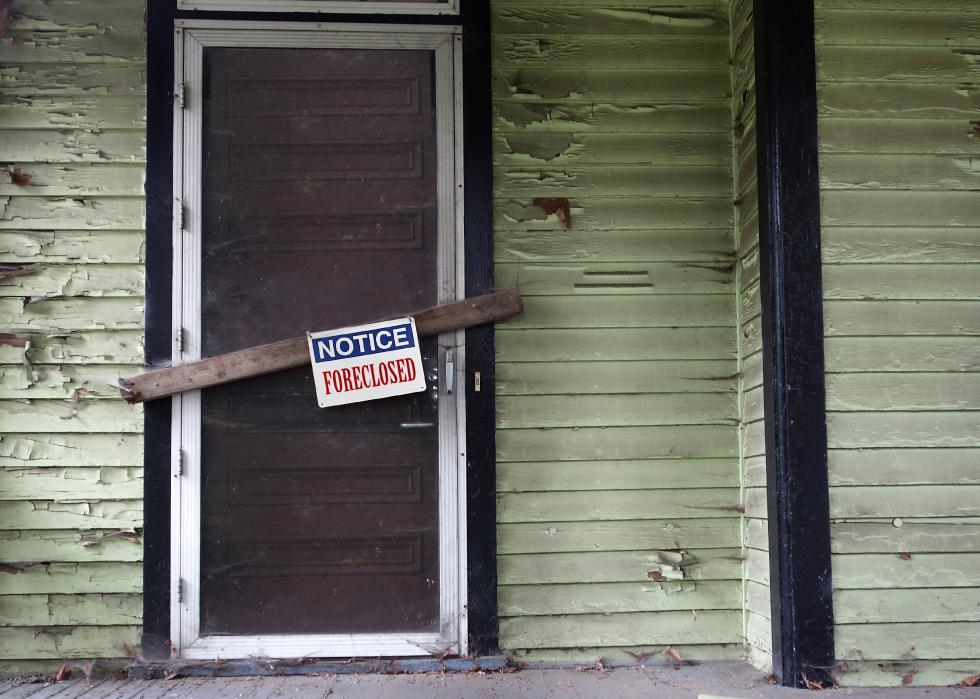
Foreclosures will have liens (and possibly piggyback loans) attached to the sale price
Financial issues are typically the main driver of a home going into foreclosure, which can lead to issues with liens and piggyback loans being attached to the property.
A homeowner who lost his or her home to foreclosure is likely to have borrowed against the home’s equity for one reason or another, leading to multiple loan obligations. Following a foreclosure, there are often several parties waiting to be paid after the property is sold. As the buyer, this can get pretty sticky when you try to untangle it.
You’ll need a reputable title company on your side to help you figure out who’s owed what—and how that could affect your purchase of the property—before moving forward with the purchase. In some cases, having multiple lenders attached to a property and unclear paperwork can be enough to dissuade you from moving forward, but you won’t know that unless you have a title company to help you sort it all out.
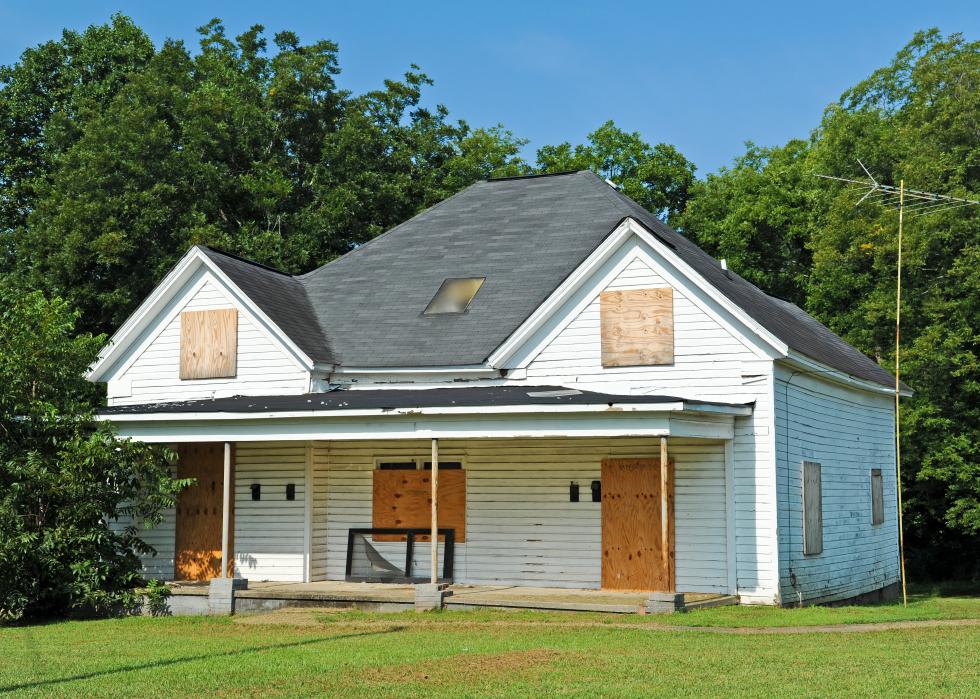
Homebuyer assistance programs offer forgivable loans, help with renovations
Foreclosure properties are often in such disrepair that they can be tough to offload to buyers, but certain programs that can make them more enticing—and more affordable.
Some cities offer homebuyer assistance programs to those who are willing to invest in the purchase and renovation of city-owned foreclosures. These types of programs come with a wide range of incentives, including forgivable loans and free money for home renovations and updates to the properties. These programs, which are more common in areas with high rates of distressed or foreclosed properties, serve as tempting incentives for buyers and can represent major elements of revitalizing neighborhoods.
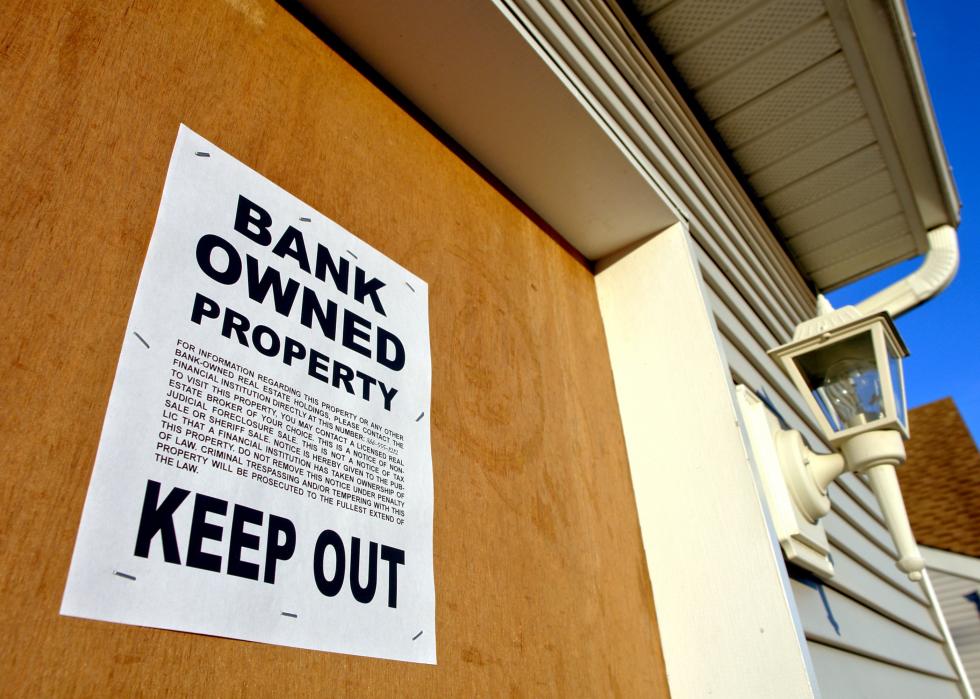
Government loans will have housing standard stipulations limiting which foreclosures you can consider
Government-backed mortgage loans such as FHA or USDA loans can be great sources of funding for first-time or low- to moderate-income buyers. But when it comes to foreclosures, these types of loans may not be as useful.
The goal of government-backed loans is to help buyers obtain safe and livable homes, which means these loans have strict safety standards and stipulations. For example, if the foreclosure you want to purchase does not meet basic building codes, you are probably not going to be able to buy it with an FHA loan, as it does not meet the housing standards set for this type of loan—and the property is being purchased as-is, meaning that no repairs will be made by the seller. Since many foreclosed homes have serious structural or safety issues to contend with, it can be tough for them to pass the inspections required on government loans like these.
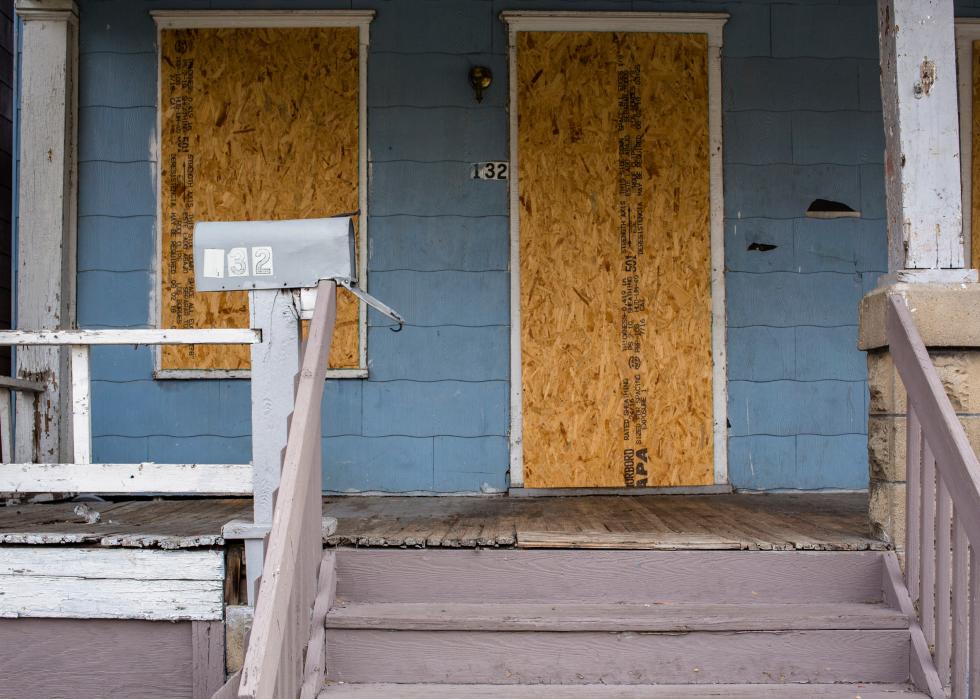
Especially with foreclosed homes, knowing your budget ahead of time is essential
It’s important to remember that budgeting still matters when it comes to buying a foreclosed home. While you may be able to snag a property for less than it’s worth, you don’t want to max out your budget on a foreclosure. You’re buying the property as-is, which means there will almost certainly be some repairs required for the home to be livable, and if you’re buying at the top of your budget, you won’t have the extra cash to complete them.
You may need to pay cash for your foreclosure if you purchased it at auction, so you need to know exactly what you can spend on the property before you make any offers. And that doesn’t mean the absolute maximum you can pay in cash. As with REO properties, you’ll almost certainly need to make repairs or updates to the property, so you need to have your maximum purchase amount solidified—minus the money you set aside for repairs—before you start bidding or making offers.
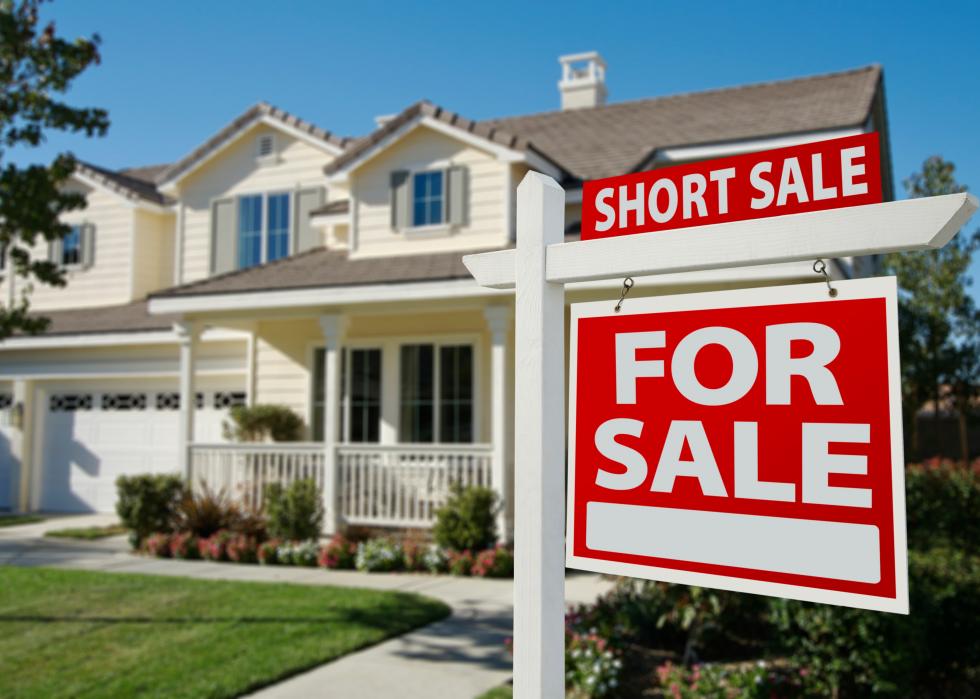
If you’re considering a short sale, be ready to wait
Short sales are another common type of financially distressed property. In these cases, the home is sold for less than what the current loan is on the property. These types of properties can often be acquired for less than market value, but there’s a big tradeoff: time.
It can take six months or longer for the short sale process to be complete, as there are a lot more steps involved for the lender and the seller during the process. The lender who is allowing the short sale will need to dig through the current owner’s finances to ensure that they truly cannot afford to pay the loan on the home, which can take some time—as can all of the paperwork that goes with it. And since the goal of the short sale is to recoup as much as possible on the property to avoid huge losses, the lender will take offers from buyers for a longer period of time. Once all offers are in, they will take the best offer and the sale will be completed, which means you’re in for a long wait all the way around.
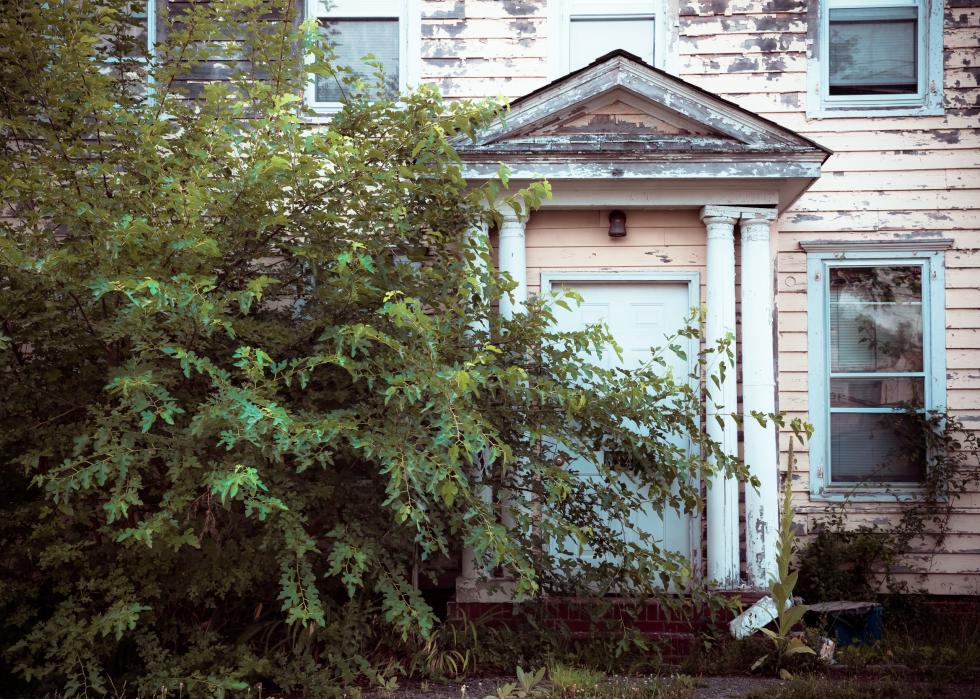
Always look at comps before making an offer
Comparable home sales, or “comps,” in an area can tell you a lot about what you should offer for a home, and that includes foreclosures. As with other types of home sales, you should use information from the recently sold and comparable foreclosures in the area to determine what your offer should be.
By looking at what similar foreclosure properties have sold for, you can get an idea of what types of offers the banks or lenders are accepting. If you know what the typical accepted price range is for similar foreclosures, you’ll know what a strong offer on the property you’re interested in should be. That, in turn, will raise your chances of your offer being accepted by the lender. Without this information, you run the risk of offering way under—or, perhaps worse, way over—what the average accepted foreclosure price is in the area.
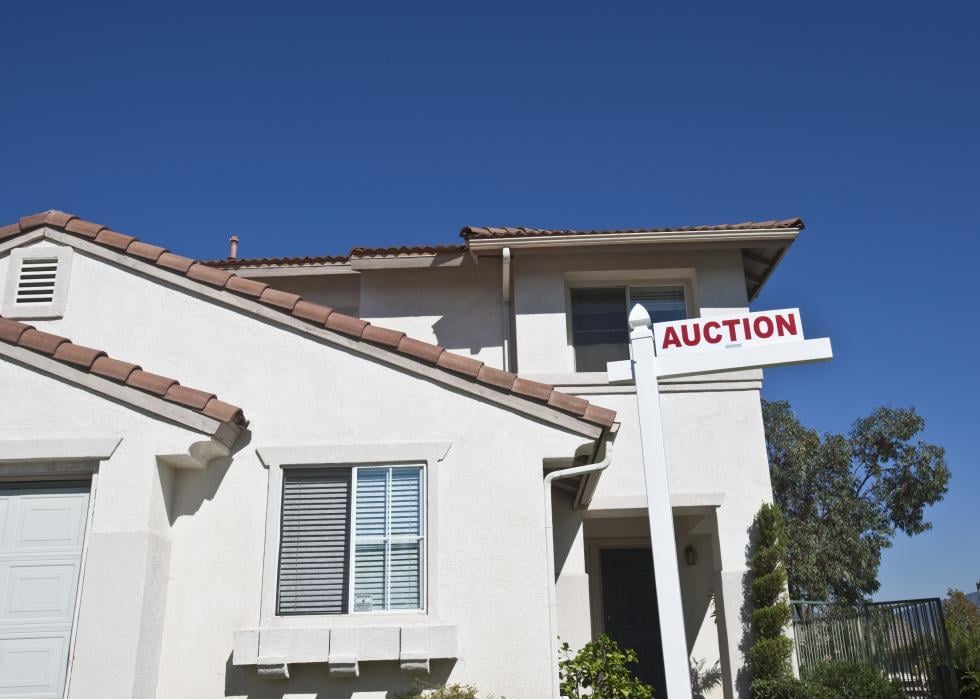
Be ready to bid higher
There is typically a lot of competition for foreclosed homes, meaning you need to be prepared to bid higher than other buyers if you want to snag a certain property.
You can start with the lowest minimum bid that a lender will accept on a property, but if other potential buyers make higher offers, you’ll need to pony up a higher offer to compete. This can lead to a slippery slope of overbidding, so make sure you set a cap for what your maximum bid is. If you’re bidding at an auction, you should also remember that you will be responsible for paying any liens or piggybacked loans on the property on top of the actual property itself if you win. As such, you should always make sure you subtract these costs from your maximum bid.



